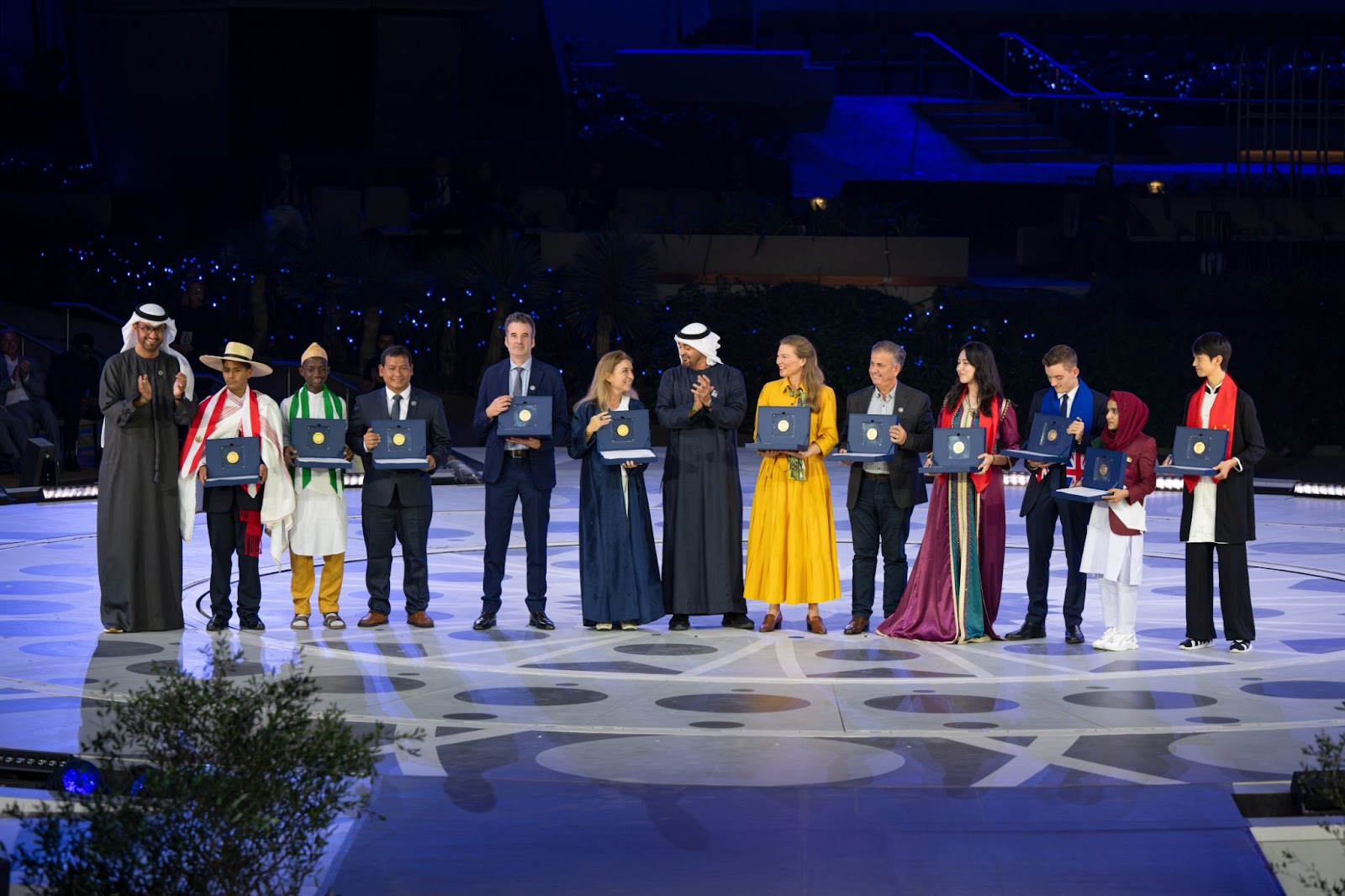Sarajevo 1984: A Living Legacy of Peace
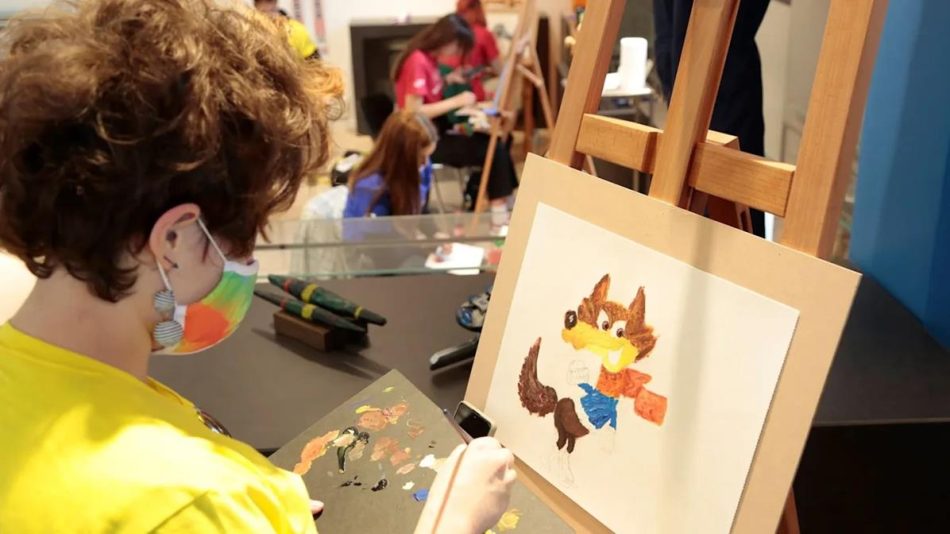
International Olympic Committee
09 February 2024 – This week marks the 40th anniversary of the Olympic Winter Games Sarajevo 1984 – an occasion to celebrate remarkable sporting achievements, and a testament to the resilience of a city that has weathered the storms of history.
Less than a decade after welcoming 1,272 athletes from 49 National Olympic Committees, Sarajevo stood witness to terrible destruction, as it found itself at the heart of the Bosnian War.
The scars of war marred the landscape and scarred its people, but they did not extinguish the hope that the Games had sparked 40 years ago. Coordinated by the Olympic Committee of Bosnia and Herzegovina, anniversary activities are taking place throughout the month of February, celebrating the courage and resilience of the human spirit.
“This anniversary is an emotional moment for the entire Olympic Movement,” said IOC President Thomas Bach in a video message for the Gala of the 40th Anniversary of the Olympic Winter Games Sarajevo 1984, organised by the City of Sarajevo, in cooperation with the Olympic Committee of Bosnia and Herzegovina. “Because during the course of Sarajevo’s long and often tumultuous history, you have experienced the entire range of human emotions: from the great joy and hope that only sport can give us – to the pain and suffering of war.”
But most importantly, the legacy of the Olympic Winter Games Sarajevo 1984 stands for the power of sport in overcoming the scourge of war and in giving us hope and strength to shape a better future.

Thomas Bach, IOC President
Olympic firsts and iconic performances
In 1984, Sarajevo became the first Olympic host city in this part of Europe, driven by the opportunity to project a positive image to the world. The Games captured the world’s imagination with the flawless performance of British ice dancers Jayne Torvill and Christopher Dean to Ravel’s “Bolero,” earning perfect scores. German figure skater Katarina Witt claimed gold in both the ladies’ singles events.
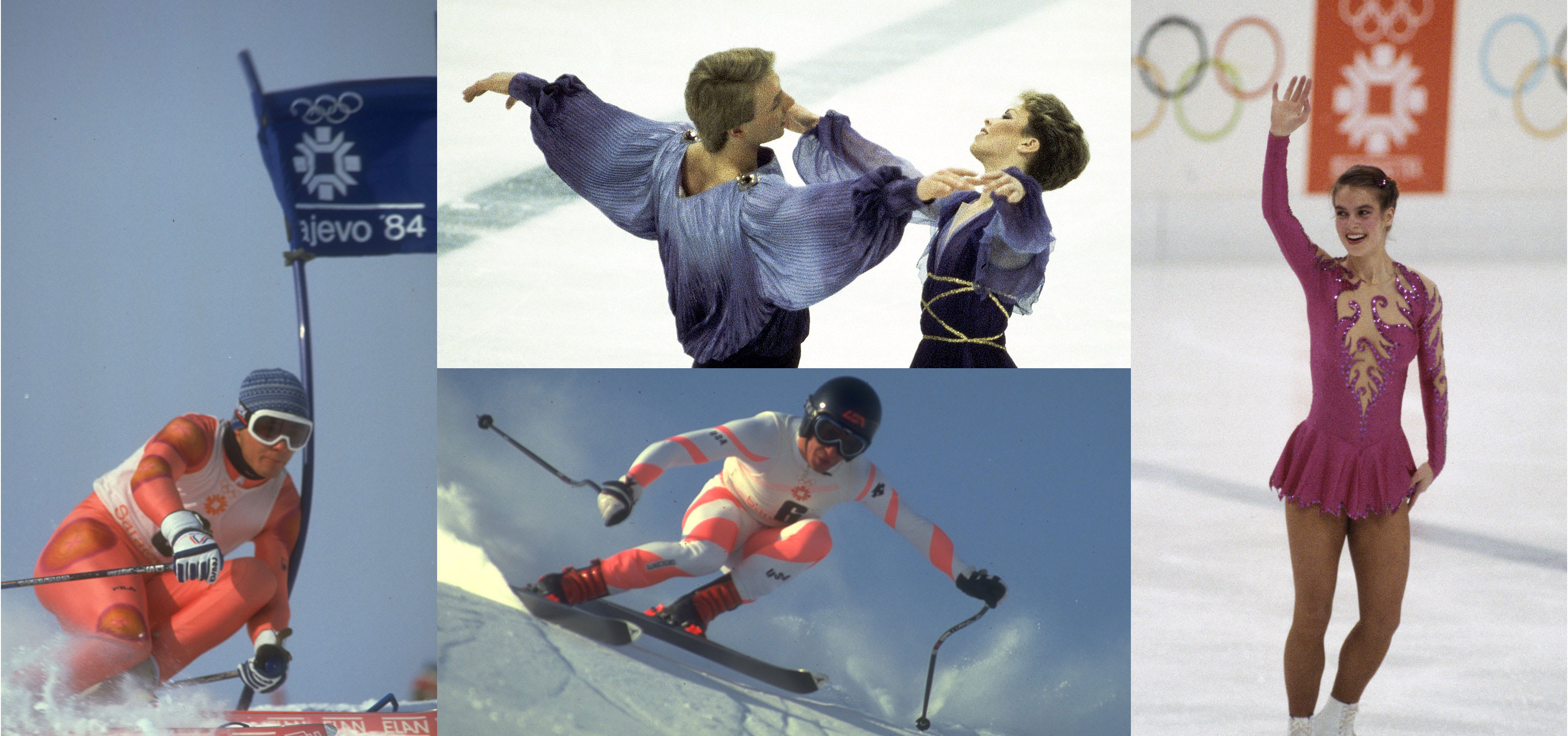
On the slopes, the fearless American skier Bill Johnson carved his name into history by becoming the first American man to win Olympic gold in downhill skiing. Meanwhile, 21-year-old Slovenian Jure Franko – representing the Federal Republic of Yugoslavia – made history by winning silver in the giant slalom, and becoming Yugoslavia’s first Olympic Winter Games medallist.
Winter sports boom
The Olympic venues were crucial to the post-Games winter sports boom in the region, with local schools and sports clubs keeping the sites vibrant and causing participation to rise.
While the Bosnian War caused significant damage to the venues, the Games remain a lasting source of pride and a symbol of peace.
“At the 1984 Games, we were one,” explained Senka Ibrisimbegovic, Director of the Olympic Museum in Sarajevo, speaking to Le Figaro, a French daily newspaper, in December 2023. “That’s one thing everyone agrees on.”
“There is only one way to tell the story of the 1984 Olympic Games, unlike the war, where visions conflict.”
Senka Ibrisimbegovic, Director of the Olympic Museum in Sarajevo
In the 1980s, the Olympic Winter Games spurred the rapid development of mountain resorts in the surrounding areas, including Mt Trebević, Igman, Bjelašnica and Jahorina, catering to visitors from across the globe. The Games also prompted a transition from coal and kerosene to gas heating, a key step in improving the city’s air quality. Efforts were also made to modernise road infrastructure to improve accessibility for tourists and athletes.
New sports centres were erected for the Games, and existing facilities were refurbished, resulting in the creation of spaces accessible to both the public and local residents, ensuring long-term benefits for the community.
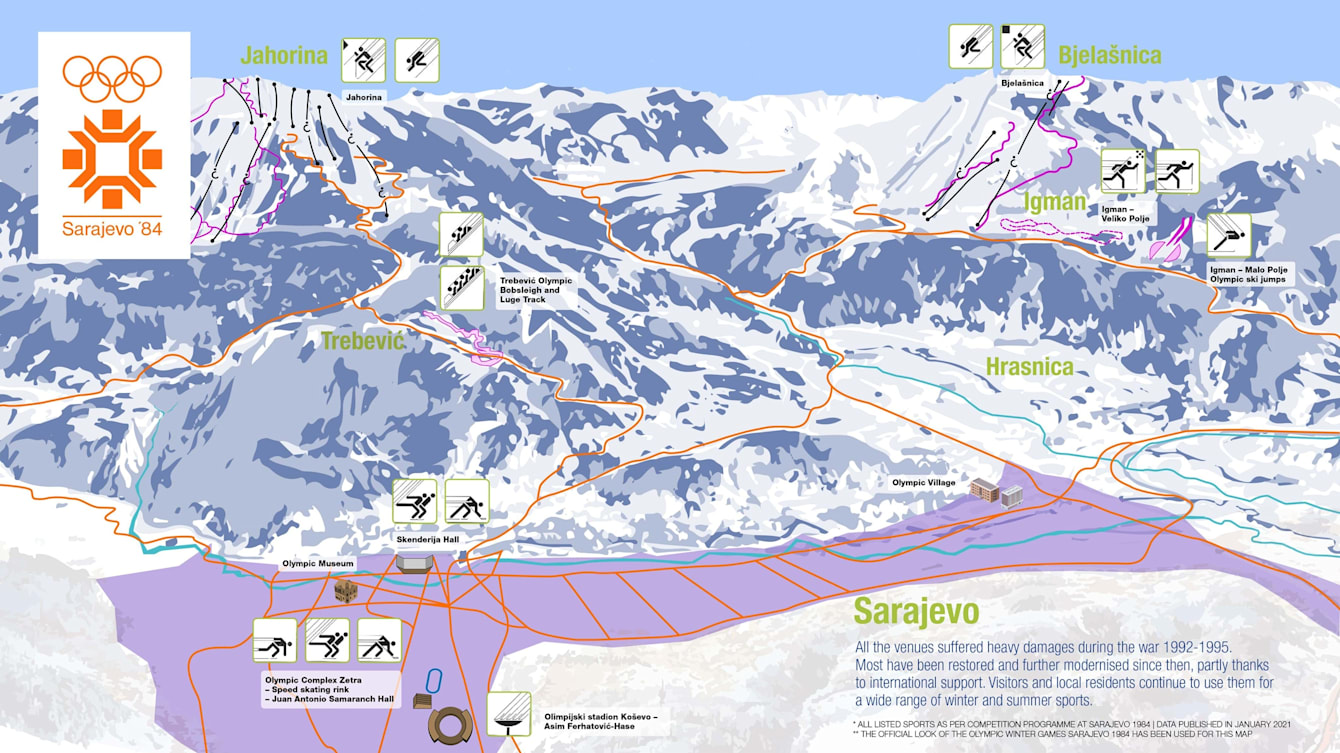
Rising from the ashes
While all the resorts and sports centres around the city were affected by the war to some extent, the most significant damage was done to Mt Trebević, which hosted the bobsleigh and luge competitions at the Games. The mountain that overlooks Sarajevo had been popular with the locals for day trips, but as it also offered a good vantage point for artillery units during the war, it bore the weight of the siege.
For several years after the war, the mountain remained a feared place, with forests and slopes covered in abandoned military hardware and thousands of mines that had been left behind. However, after more than 15 long years of demining and cleaning up, Mt Trebević went back from being the symbol of war to its recognition as the “lungs of the city”, as the country declared it a national park in 2014 and reopened it to the public in 2017.
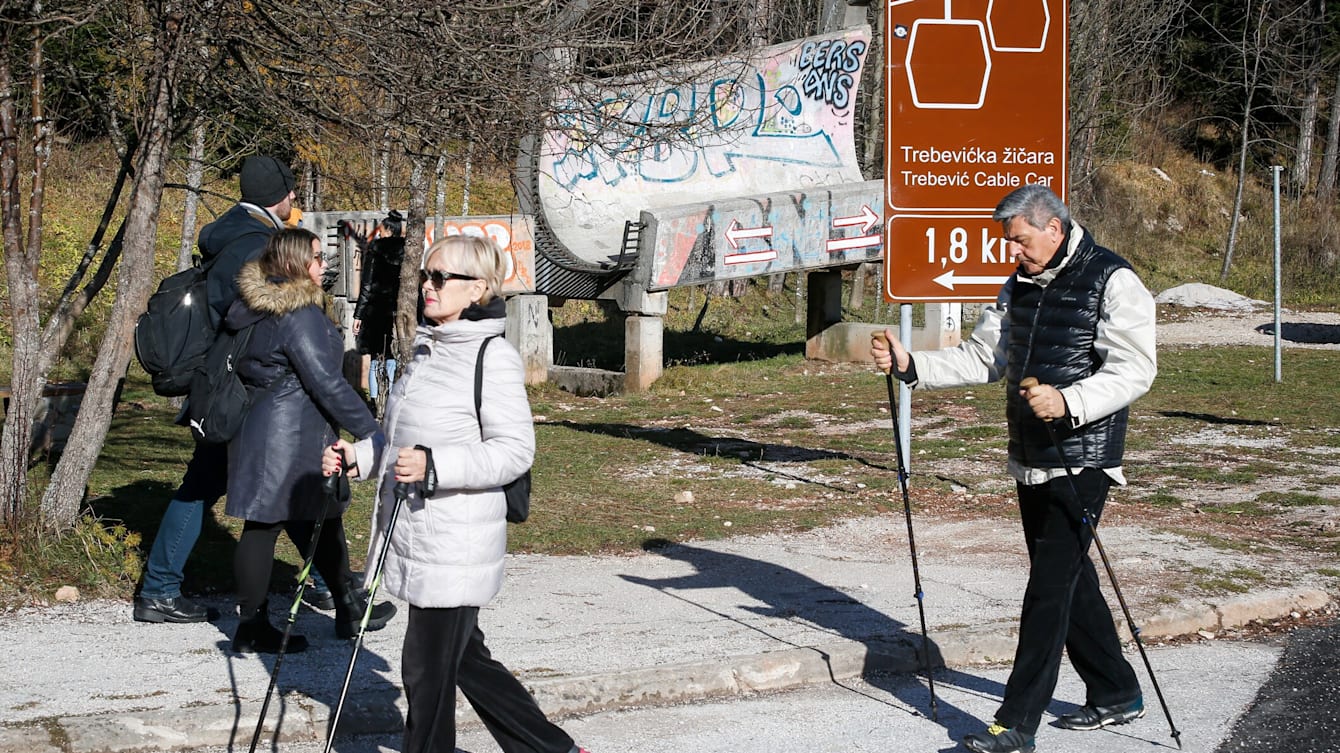
Today, Mt Trebević is booming with outdoor activities – sports and leisure – attracting visitors from all over the world. The cable car’s 33 cabins, connecting the city with the mountain top, are decorated with the Bosnian flag and the colours of the Olympic flag, in tribute to the part the mountain played at the Olympic Winter Games in 1984.
Sarajevo’s Olympic Museum, which originally opened in 1984, was also reopened after a lengthy restoration of the iconic building, in 2020. The museum is home to a large collection of memorabilia from the Olympic Winter Games and to artworks devoted to the event, and plays an active role in promoting the Olympic values and legacy.
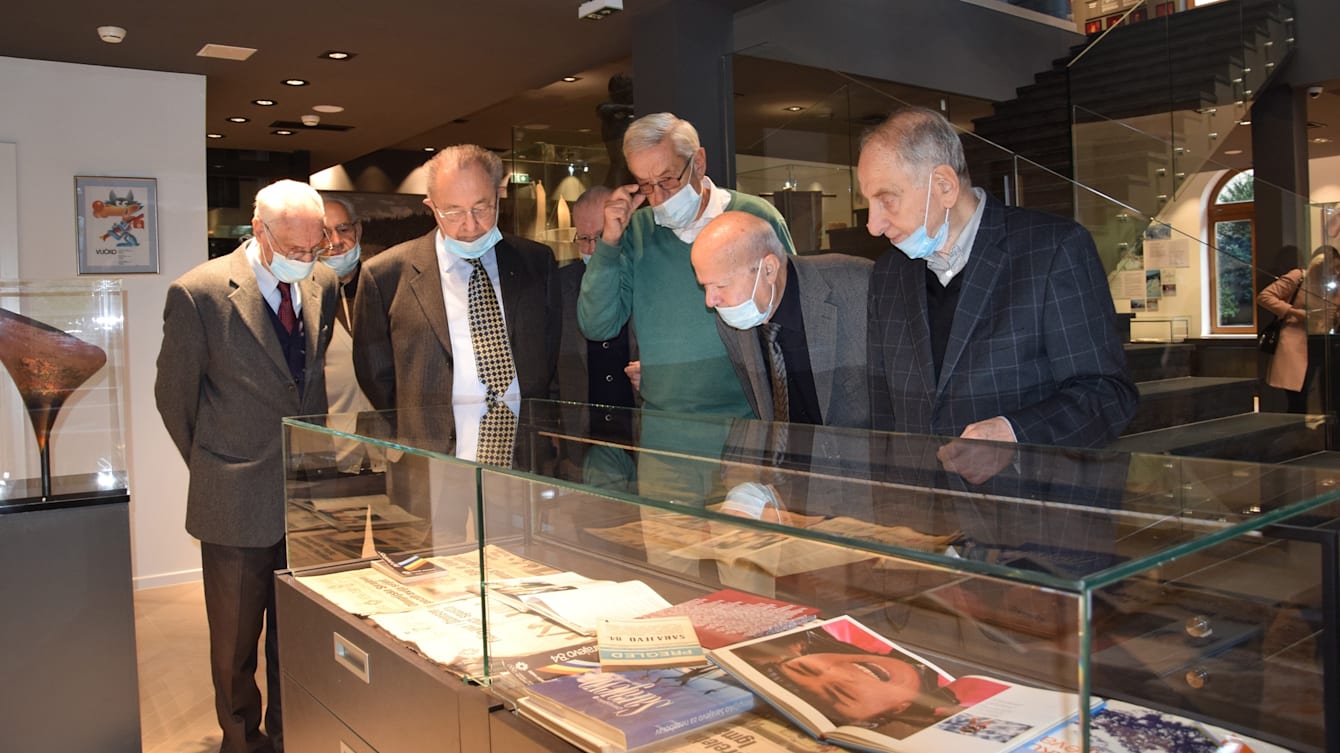
Over the years, significant domestic and international investments in all Olympic sites, including the main sports venue in the city, have contributed to the rejuvenation of the affected areas, and the revival of the Sarajevo 1984 legacy.
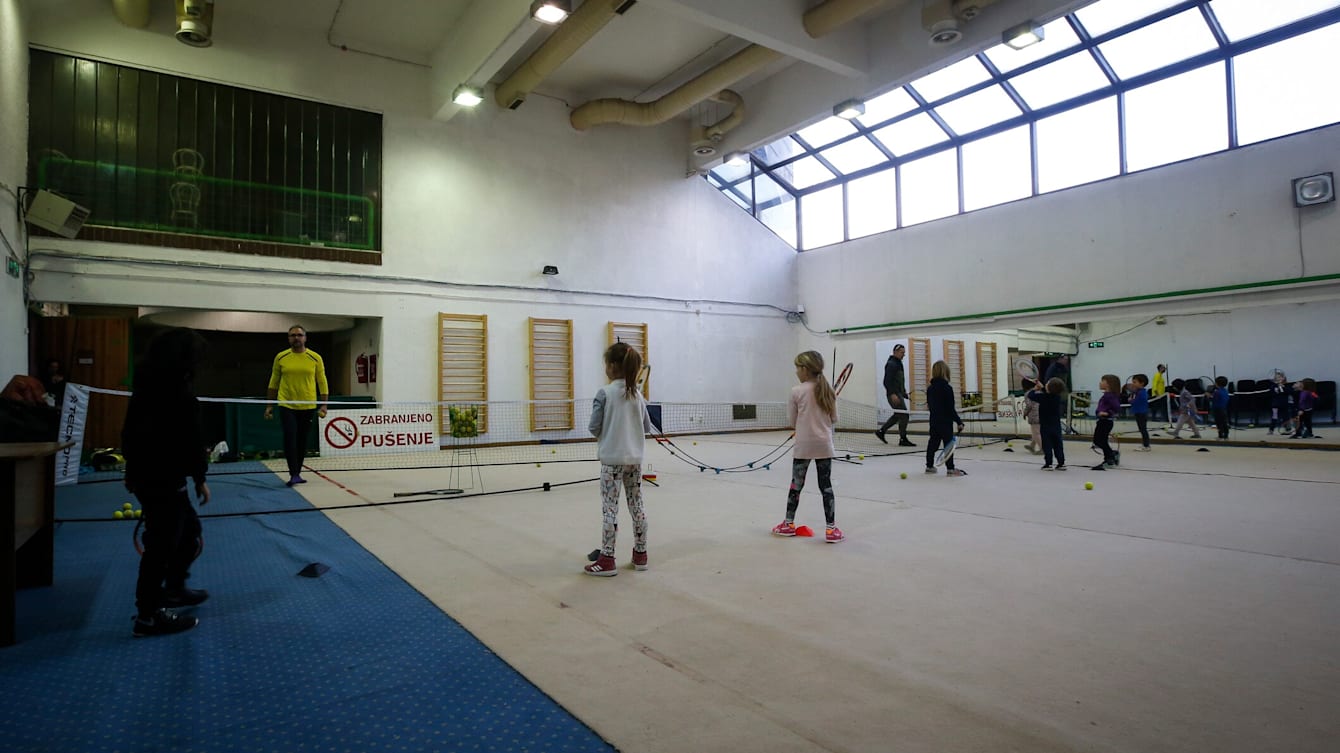
The Olympic Village in Mojmilo was redeveloped in partnership with the city of Barcelona, Sarajevo’s twin city since 2000. The IOC, meanwhile, contributed to the reconstruction of the Zetra Olympic Hall – which was renamed as the Juan Antonio Samaranch Olympic Hall in 2010 – donating USD 11.5 million to aid the efforts of the stabilisation force in Bosnia and Herzegovina.
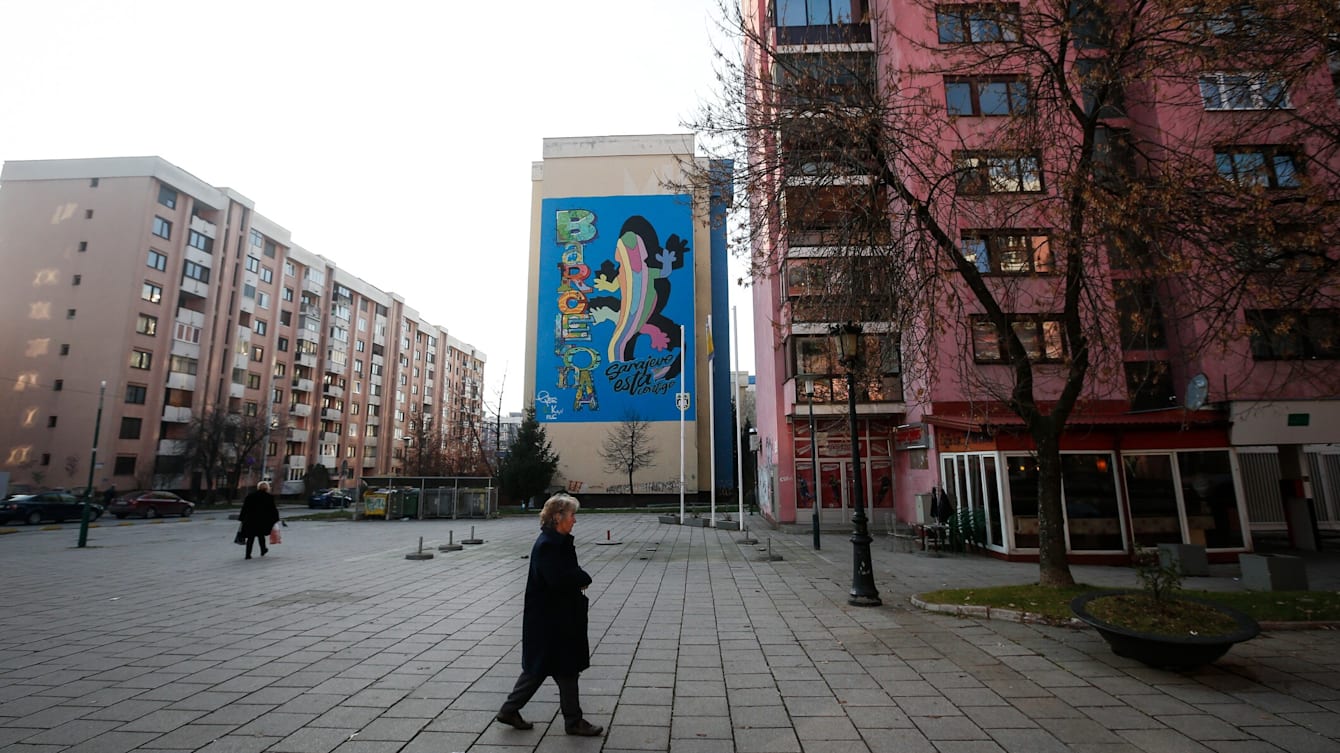
To mark the 40th anniversary, a month-long programme of celebrations is on offer. All Olympic venues, located within the territories of the Federation of Bosnia and Herzegovina (FBiH) and the territories of Republika Srpska (RS), are actively participating, reflecting the city’s commitment to keep the Olympic venues open to visitors, and re-purposing those whose original use is no longer possible.
The anniversary programme is diverse and inclusive, ranging from high-performance sport events such as the FIS Super G European Cup and the IIHF U20 Ice Hockey World Championship; sport for all events; opportunities for people to explore new sports, such as curling and 3×3 ice-hockey; and conferences and art performances. It aims to honour the past and showcase the enduring Olympic values and legacy of the Games.




